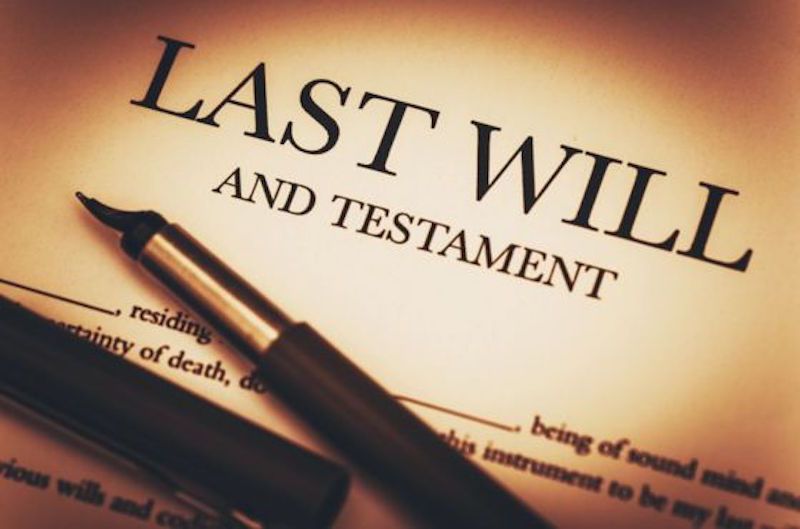Not everyone is aware of the importance of wills & trusts, but they are two things that can make a person and his or her family happy and organized. Both living trust documents and wills are important things for a person to set up while he or she is living. They both seek to bring clarity to how one’s assets and estates are going to be divided after the person is deceased, but the two of them work a little differently. The following are some of the differences and similarities between a trust and a will.

Differences Between Trust and Will
One major difference between trusts and wills is that trusts are not public documents. Wills are public documents, and they must go through probate, a court procedure, to determine their validity before anything gets distributed. Trusts do not have to go through such a process.
Another difference between trusts and wills is that wills are only to be executed after the person is deceased. A trust may go into effect while the person is alive if that person loses his or her mental capacity. Furthermore, wills are generally easy to create while trusts take longer, cost more money and are more complex.
Starting a Will
Getting a will set up is a smart decision that can provide your family with a seamless transition of your assets upon your death. Not having a will can lead to a slow probate process that may ultimately not lead to your assets being distributed in the manner that you want them to. Having a will prepared can help the transition process upon your death but is not a clear cut process either.
Where to Begin With a Will
The best place to begin with a will is to start by developing an understanding of what your desires are for your assets when you pass away. Decide which relatives you want to provide money and resources to and what the best allocation of your resources is. This is just the first step towards appointing ownership to your property and you will likely need professional help to create an will to dictate the allocation of your assets.
Going to a Professional Versus Doing it Yourself
Many websites and software programs offer will creation software. Wills can be easily created using software programs that result in a well drafted agreement that will likely pass through the probate process. Each state in the United States has their own probate and will writing rules with some that require witnesses or other stipulations. It often makes sense to use a professional estate lawyer to aide in the process of creating the will. This is particularly true if you believe that your will be contested in the court by relatives who may feel as if they are unfairly left out of the will. If so, it is important to use an estate lawyer who can not only draft a will but also can help to create tax free ways of transferring assets to your heirs tax free.
Which One Is Best for You
If you are trying to decide between a will and a trust, you may want to consult with an established attorney. Such a person can help you decide which option is best for you. You may need both. The best way to tell is to schedule an appointment with someone who can talk to you about it immediately.If you need legal assistance you can also find additional legal aid here and you can search for a lawyer here.
